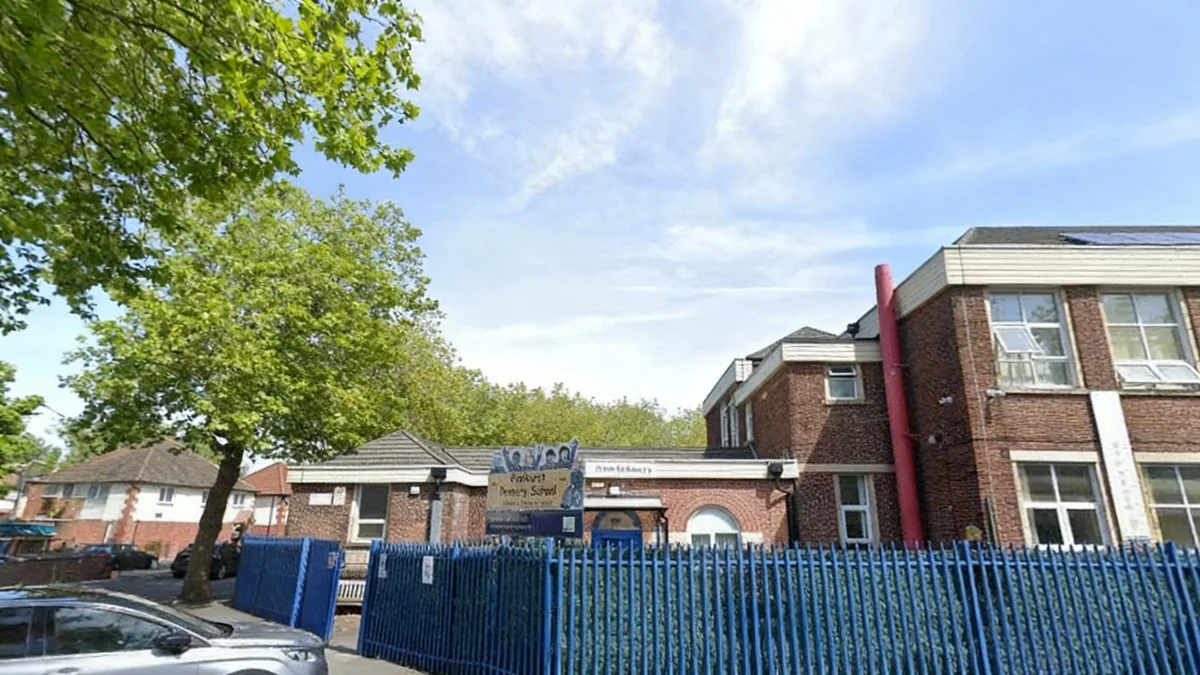Teachers at Pinehurst Primary School in Anfield are set to walk out again this week, continuing their industrial action over controversial plans to convert the school into an academy. The strike, organized by the National Education Union (NEU), signals an ongoing dispute between staff and the school's governing body, raising concerns among parents and the local community about the future of the school.
Key Takeaways
- Teaching staff at Pinehurst Primary School will strike on multiple dates in October and November.
- The action is a protest against the governing body's decision to pursue academy status for the school.
- The National Education Union (NEU) argues that academisation is not in the best interests of pupils or staff.
- The school's governing body maintains that joining a multi-academy trust will provide long-term benefits and support.
Renewed Strike Action Disrupts School
Parents at Pinehurst Primary School face further disruption as teachers prepare for a new wave of strikes. The industrial action is scheduled to take place on several dates, beginning on October 23 and continuing into November, with walkouts planned for November 4, 7, 10, 11, and 14.
This is not the first time the school has seen such action. Staff previously went on strike over the same issue in July and September, indicating a deepening divide between the teaching faculty and the school's leadership. The decision to take further action underscores the strength of feeling among educators at the Anfield school.
The Heart of the Dispute: Academisation
The core of the disagreement lies in the governing body's plan to remove Pinehurst Primary from the oversight of the local authority and convert it into an academy. This would involve the school joining a multi-academy trust (MAT), a non-profit organization that runs a group of schools.
The NEU, representing the striking teachers, has voiced strong opposition to the move. Union officials argue that the conversion process lacks transparency and could have detrimental effects on the school's finances, staff, and the quality of education provided to its pupils.
What is an Academy?
Academies are state-funded schools in England that are independent of local authority control. They receive their funding directly from the central government and have more freedom over areas such as curriculum, staff pay, and the length of the school day. The government has encouraged schools to convert to academy status for over a decade, though the policy remains a subject of intense debate in the education sector.
Union Voices Concerns Over School's Future
Union representatives have been clear about their reasons for opposing the plan. They believe that remaining part of the "local authority family of schools" is the best option for Pinehurst's students and the wider community.
Jim Dye, the NEU's Senior Regional Representation Officer, acknowledged the disruption caused by the strikes but stated the action was necessary. He expressed deep regret for the impact on pupils and parents but emphasized the union's position.
"There is a wealth of national data that shows that academisation does not benefit pupils, in fact it can destabilise a school and place it at unnecessary risk. Our members strongly believe that Pinehurst should remain in the local authority family of schools, and that this is in the best interests of the children they teach and care for."
Jack Tyler, the NEU Liverpool Joint Assistant Branch Secretary, echoed these sentiments, describing the strike as a "last resort." He raised specific financial concerns.
"Our members... do not have confidence in the proposed plan to turn their school into an academy," Tyler explained. He warned that joining an academy trust could mean that "more money will be taken from its budget for the academy trust which could directly impact on the money available for teachers and support staff, and risks harming the education of children."
Scheduled Strike Dates
- October 23
- November 4
- November 7
- November 10
- November 11
- November 14
Governing Body Defends Its Decision
In contrast, the school's governing body has defended its pursuit of an academy order. In a statement issued to parents earlier this year, the school's leadership reaffirmed its commitment to the plan, stating the decision was made after a period of consultation.
The statement outlined the governors' belief that the move is in the best interests of the children, staff, and the wider school community.
"We are confident that joining a values-led trust will provide long-term benefits and support for Pinehurst," the school's communication to parents read. This suggests that the leadership sees academisation as a route to stability and improvement, a view directly at odds with that of the striking staff.
A National Debate on a Local Stage
The dispute at Pinehurst Primary is a local manifestation of a much larger, national debate about the structure of England's education system. Proponents of academisation argue that it fosters innovation, drives up standards, and allows schools to collaborate more effectively within trusts.
However, critics, including teaching unions, often raise concerns about a lack of local accountability, the potential for financial mismanagement within some trusts, and the erosion of nationally agreed-upon pay and conditions for staff. They argue that the local authority system provides a vital support network that is lost when schools convert.
For the parents and pupils of Pinehurst Primary, this complex national debate has become a very real and disruptive local issue. With both sides holding firm to their positions, the community now faces a period of uncertainty as the strike dates loom, hoping for a resolution that prioritizes the education and wellbeing of the children at the center of the dispute.





